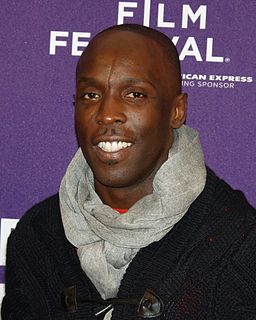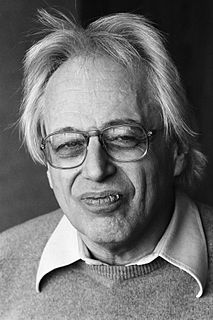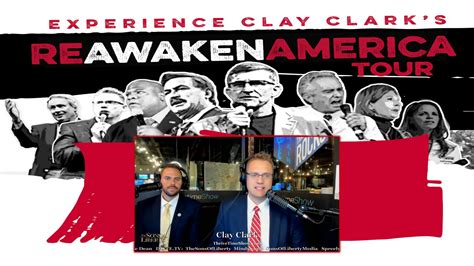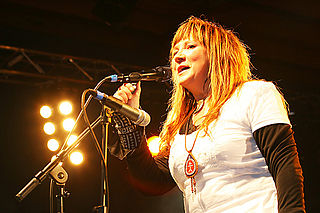A Quote by Gavin Friday
A weird theory I have is we come from a suppressed culture. Ireland is one of the most invaded countries ever. I think the British started it very early, it could be like 800 that decided to come and show us out; and the Danes in the north. We've had a tough time and pretty much a similar culture would be the Jewish culture; they had a pretty hard time. They were being kicked around for a long, long time.
Related Quotes
My childhood was pretty colorful; I like to use the word turbulent. But it was a great time to grow up, the '70s and '80s in Brooklyn, East Flatbush. It was culturally diverse: You had Italian culture, American culture, the Caribbean West Indian culture, the Hasidic Jewish culture. Everything was kind of like right there in your face. A lot of violence, you know, especially toward the '80s the neighborhood got really violent, but it made me who I am, it made me strong.
People have come to me over the years and said to me: 'I admire the culture of Starbucks. Can you come give a speech and help us turn our culture around?' I wish it were that easy. Turning a culture around is very difficult to do because it's based on a series of many, many decisions, and the organization is framed by those decisions.
I think I realised, at teachers' training school, that I felt that the culture that I came from, the Sámi culture, was not good enough, so I wanted to be Norwegian or European, I wanted to forget the culture. And then this music started to... in a way I had to ask myself "why is this, and what does all this come from?
I was having pretty bad anxiety attacks and stuff, and I think a lot of it had to do with my physical environment. Deep down I've always had a pretty strong connection with nature, but I've suppressed it for so long while living in the city. I think it caught up to me. I started really bugging out and needing wide-open space. So it was that simple. That and social anxiety. I felt like I was existing too much in nightlife.
The culture of the mutual fund industry, when I came into it in 1951, was pretty much a culture of fiduciary duty and investment, with funds run by investment professionals. The firm I worked with, Wellington Management Co., they had one fund. That was very typical in the industry... investment professionals focused on long-term investing.
You can hear a real shift. You listen to the late 80s recordings, you'll hear us engaging with the audience, dealing with the issues surrounding punk shows at the time. Back then, people thought you had to be a skinhead and beat the crap out of everybody when you went to a punk show. Come the early 90s, when you had this so-called grunge stuff and when videos became so dominant, you had this totally huge shift in the culture of shows.
I think '60s are appealing to creative people, because it seemed to be a time of endless possibilities, when the boundaries of what could be considered popular culture were being expanded almost by the week. It doesn't feel like that anymore. At times, I wish it were so. Radio is a perfect example; good God, I mean, back then the most interesting songs were also hits, and that's just not true anymore. It hasn't been true in a long time.
For the first time since I began acting, I feel that I've found my place in the world, that there's something out of my own culture which i can express and perhaps help others preserve..i have found out now that the African natives had a definite culture a long way beyond the culture of the Stone age...an integrated thing, which is still unspoiled by western influences...I think the Americans will be amazed to find how many of the modern dance steps are relics of African heritage.




































